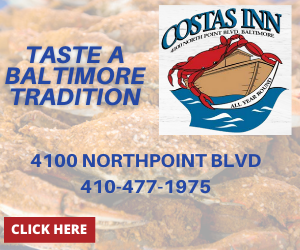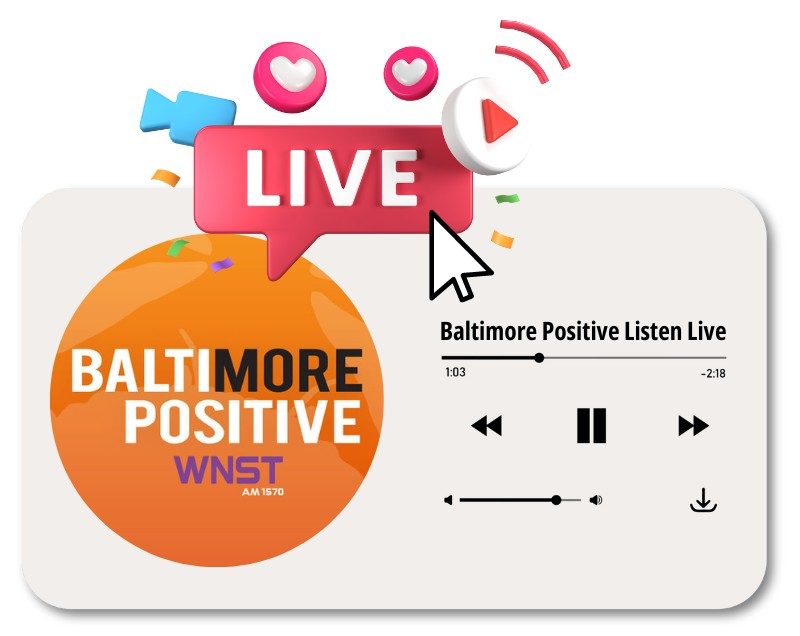(Author note: This is Chapter 12 of my book “The Peter Principles,” which I was working to finish in March 2014 when my wife was diagnosed with leukemia the first time. I will be releasing the entire book for free online this summer – chapter by chapter. These are the true chronicles of the history of Peter G. Angelos and his ownership of the Baltimore Orioles. If you enjoy the journey, please share the links with a friend.)
12. Being Thrift with mounting debt and wringing the Belle with an insurance policy
“I’ve been very productive in my life in baseball. I’m not going to be taken as some amateur or semi-pro trying to build a resume to get a job somewhere else, like a lot of my colleagues have done over the course of time. We really have had a plan of where we’re going, how we’re going to get there, what we’re going to do. And so far we’re very pleased with the progress that we’ve made with this team.”
Syd Thrift
April 2000
THE LOSS OF MIKE MUSSINA in November of 2000 came as a massive blow to the fans of the Orioles, whom by and large, were still loyal to the team and more so even to Cal Ripken who was clearly coming to the end of the line of what had been a legendary career.
The Orioles not only missed the playoffs the previous three seasons but really never spent a day anywhere near contention despite the many contentious vibes the team had been casting off in the shadow of an owner who had lost his way and was getting attacked on every front in the public eye.
Peter G. Angelos bought the Orioles in 1993 because he was nouveau riche and starved for attention and the power that came along with controlling a civic trust for the local sports community. He wanted to be important. He wanted to be famous. He wanted to be loved.
Now, he had the eyes of the metropolis on his every move and was wilting under the pressure of trying to follow through on his promises to make the team a winner every year. There was little doubt that Angelos wanted to win. He just had no idea how to do it and simply throwing money at players wasn’t the answer to chasing down George Steinbrenner and the New York Yankees, who were the reigning champions and winners of four of the previous five World Series. And now, the damned Yankees took the only thing the franchise had left that was worthy of pillaging – ace pitcher Mike Mussina, who led the evening news in a pinstripe uniform and a dark NY hat because Angelos had essentially botched the negotiations and demeaned him publicly.
Angelos refused to pay Mussina the going rate.
It was never brought to light or reported – mainly because after being transparent regarding the finances of the Orioles in the early days of his ownership, Angelos went silent and became evasive – but the team began truly hemorrhaging money during this era of ineptitude on the field. Angelos admitted that the team wasn’t making money in 1996 and 1997, when wins on the field didn’t translate to profit for the club. The Orioles had the third highest payroll in Major League Baseball in 1997 and led the sport in 1998 and were still massive spenders vs. the marketplace in 1999 and 2000.
Angelos inherited a team with a $27 million payroll in 1993. By the turn of the century, the Orioles were spending $84 million per year despite seeing revenues dropping sharply over the previous three seasons when losing affected everything about the bottom line for the team. Fans who had tickets through corporations began not using them. Concession sales suffered. And attendance was falling because it had nowhere to go but down after the halcyon days of Camden Yards as the stadium approached the decade mark and many other cities had seen their own new stadia and downtown renaissance.
Angelos was quietly writing checks, privately, to fund the tens of million of dollars of losses of the Orioles. He acknowledged to other investors that it was his decision-making – and his alone – that had guided the team into a predicament where it wasn’t profitable and was bordering on dreadful on the field.
And as much as Mussina was one check that Angelos refused to write for $14 million per year, he had another similar check with three more years on the line and $39 million of team payroll still committed to Albert Belle, who struggled mightily during the summer


























